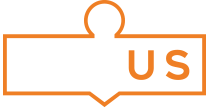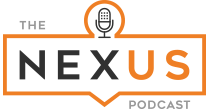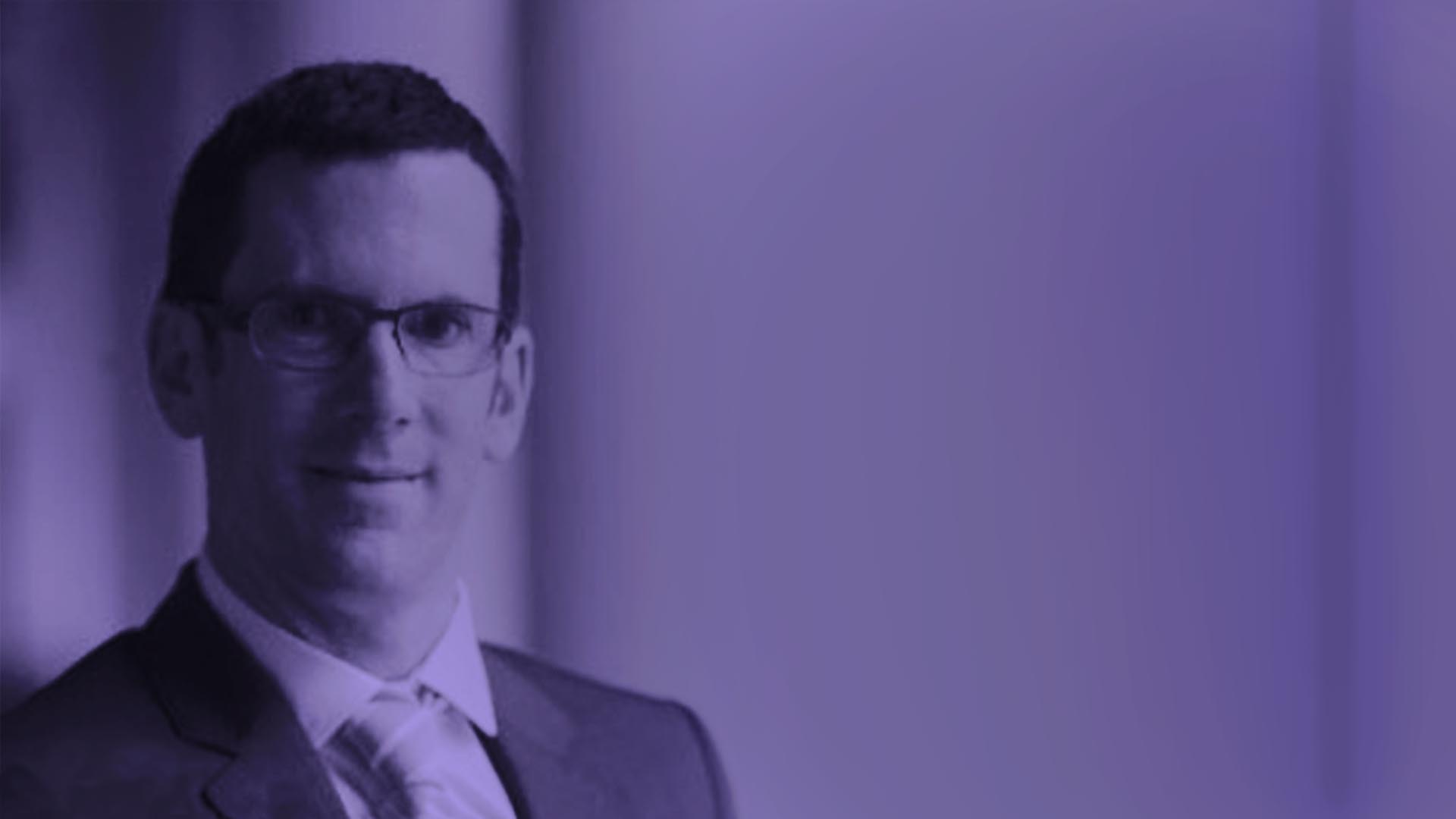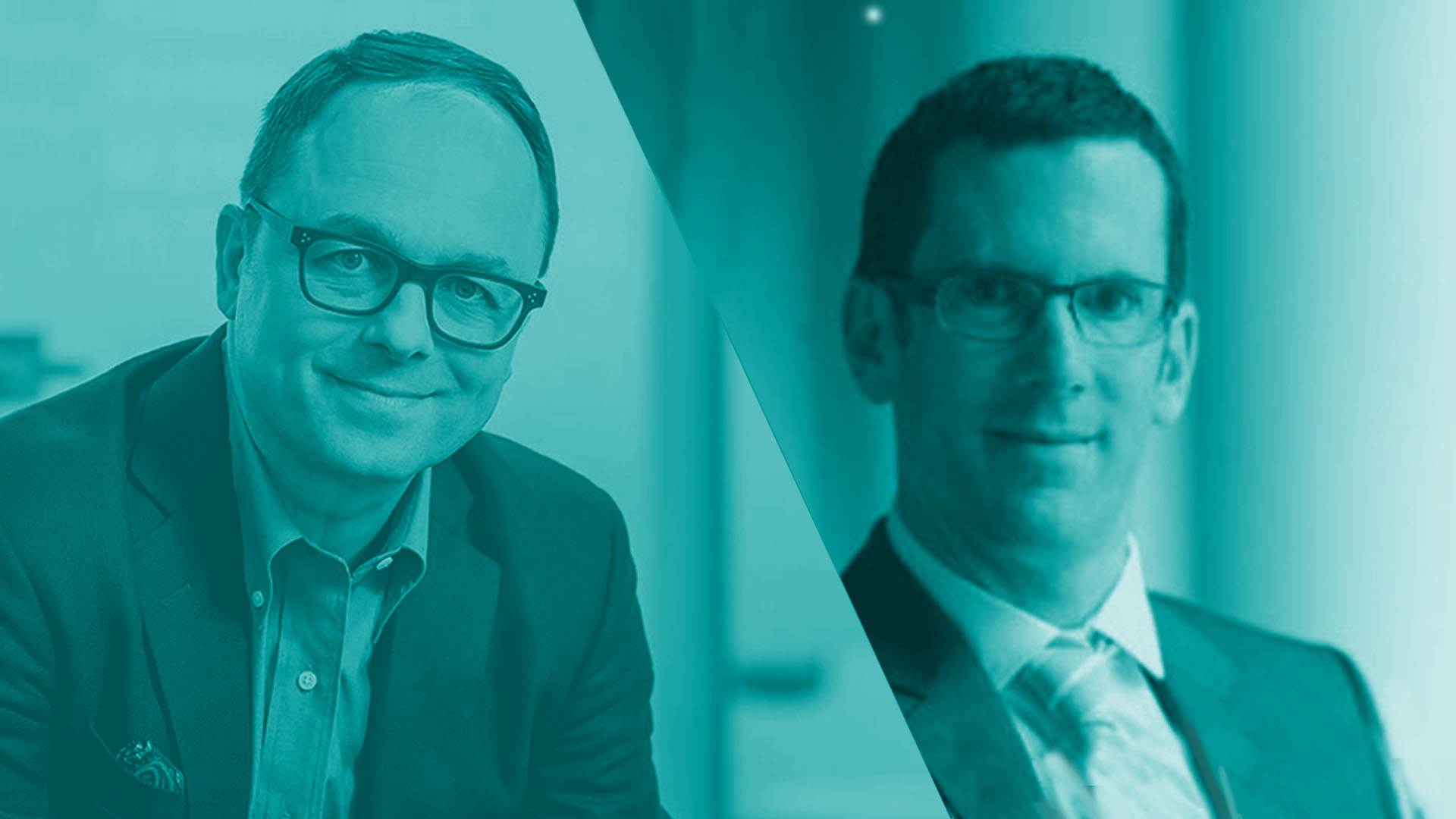Creating A Sense of Purpose in the Workplace with Kevin Burtt
This week, it’s time for something a little different. As we near the end of a whirlwind year, we talk with our very own President and CEO, Kevin Burtt from Nexus Communications, a leading provider of talent communications solutions. We discuss how to create a sense of purpose in the workplace, why purpose culture matters, the Nexus origin story and how we connect people with purpose.
Chris Nelson [00:00:02] A while ago, probably before the pandemic, the government of the city and county of San Francisco, California, was faced with a problem. They needed to attract talented people to work for them, except all those talented people were being lured down the road to Silicon Valley.
Chris Nelson [00:00:23] They couldn’t compete on pay or perks, but they had to compete on something otherwise. Big Tech was going to continue to eat their lunch. Their solution was not to increase pay or sweeten benefits, but to offer prospective candidates something else, something more, a sense of purpose.
Chris Nelson [00:00:46] Planners actually brought in some Silicon Valley types to overhaul their hiring practices with an emphasis on the positive, meaningful changes that anyone working for the city of San Francisco might make, not just on San Franciscans, but perhaps even the world. They embrace this thing called dragon statements, where they would describe the kind of dragons a person might slay if they worked for the city, such as managing the complexities of a metropolitan transit system or maybe designing a health care system that better serves patients. They call this shift to purpose the hiring modernization project. But really, there’s nothing even remotely modern about it. The human search purpose is one of our core drivers, like right up there with eating and reproducing. And yet for a long, long time finding purpose in your work, it seemed like something reserved for just a select few people.
Chris Nelson [00:01:42] Well, here at Nexus, the company that produces this podcast and for which this podcast is named, we disagree.
Chris Nelson [00:01:51] Our tagline is Connecting People with Purpose. And the human who wrote that is our guest on this episode. His name is Kevin Burtt and he’s the president and CEO of Nexus, which I guess makes him my employer.
Chris Nelson [00:02:05] And he’s made it his purpose in life to help people find purpose in the work they do. He joins us today at The Nexus.
Chris Nelson [00:02:15] What is your purpose, man?
Kevin Burtt [00:02:18] I had my midlife crisis on a plane to San Francisco, and I was on a very long trip around the United States.
Kevin Burtt [00:02:27] Doing a bunch of stops. And I was on the plane going, like, what am I doing? Why am I here? At that point, I started scribbling on a piece of paper and this might sound lazy, but came up with our own purpose statement of connecting people with purpose. And that just ignited me around the idea of what if my purpose was purpose and helping catalyze that as a key driver of culture transformation. What if our team found deeper meaning and what we were doing within the next year? After that got launched, the business doubled in a year and it’s continuing to grow rapidly. And I couldn’t be more excited about what it’s meant for me personally, but I think also what it’s meant for everyone within our team.
Chris Nelson [00:03:11] Kevin, here’s your chance, I want you to make the case for purpose and tell us why it is seemingly more important as an aspect of work today than, say, even a decade ago.
Kevin Burtt [00:03:25] When we really take a step back and we think about the search for meaning in life, whether it’s philosophers or artists or frankly, anybody, everyone asks the same questions or many of us do what impact am I bringing into the world. How do I make a difference purpose organizationally?
Kevin Burtt [00:03:46] While it’s become a more hot topic, some organizations are really lenient on this topic and others aren’t. But at the end of the day, I think that’s quite frankly, the central why of why we exist. And it’s a question that organizations should have an answer to as well.
Chris Nelson [00:04:04] Where in your mind does purpose sit in the pantheon of motivators for people, say, along pay or perks or benefits?
Kevin Burtt [00:04:12] Well, if we were to go back, say, to the 50s, I don’t think that this was high on the list. Many of us and we think back to our parents or grandparents or others, most people just wanted a job or some work that they could be proud of. But when we’ve taken a look at the awakening that has happened in society and certainly the most desirable parts of the workforce, meaning top performers, innovators, people who would otherwise make a difference, purpose has risen to the top. So finally, an organization that shares the same values, the same aspirations and terms of the impact it wants to make on the world, and it’s also really crisp on it and living it? – That’s where people want to work.
Chris Nelson [00:04:54] Is there a generational component? And by that I mean, do millennials have perhaps different expectations of what they’re going to get from their job than the rest of us do?
Kevin Burtt [00:05:04] When you look at the intergenerational expectations, there was a period several years ago in human resources where generations were the core focus, everybody talked about the millennials. The truth is, while there are certainly emerging and deeper expectations within the emerging workforce with respect to equality and diversity and inclusion and purpose, those latent desires also reside within what we might call the legacy workforce. Everybody wants to watch something good. Everybody wants a compelling story, and everybody is looking for more meaning in their work. And many CEOs, for example, are going through like a corporate mid-life crisis where they’re revisiting their businesses and asking themselves tough questions. And you’re seeing that service in places like DAVOS and in banking and in industry.
Chris Nelson [00:06:00] All right. I’m going to read some numbers to you. Gallup recently put out a report which says that one in three employees indicate organizational purpose, makes them feel like their work is important and inspires them to be more productive. That same report says that if organizations could double that ratio, they’d see absenteeism drop by a third. They’d see quality of work effort improve by 20 percent. There’d be nearly 10 percent less turnover. And perhaps most importantly, there’d be a nearly five percent increase in profitability. Now, I look at those numbers and the question for me stops being, why do some companies want to be purpose driven?
Chris Nelson [00:06:46] And it becomes, why aren’t all companies purpose driven? Perhaps you can tell us why.
Kevin Burtt [00:06:51] For one, change is hard. So when you look at an executive level, even though the evidence is clear and it’s being widely socialized among the senior leadership level, that purpose helps drive profitability and being an employer of choice, strategic alignment, choose a thing. It’s – I believe – that latency and entropy are easy and migrating to a purpose driven lens involves tough choices and it comes down to leadership and leadership alignment.
Kevin Burtt [00:07:26] The entire executive team needs to be aligned around the idea of really breaking through and using purpose as the key propellent of their organizational vehicle.
Chris Nelson [00:07:40] Are there any quick wins? Is there anything people can do today to make our company more purpose driven?
Kevin Burtt [00:07:46] The first part is executive alignment.
Kevin Burtt [00:07:50] If the leadership team does not see this as a key business driver or a key transformation driver, then the whole thing is going to be stuck in a department and it might be trapped in H.R., might be a marketing thing, and that’s not going to go anywhere. So the first part would be executive alignment.
Kevin Burtt [00:08:07] The next chapter would be around discovery and really getting out into the organization and getting a deep sense of what’s our from/to and how are we doing, regardless of the purpose statement, which might not even be offered yet, what is our purpose and discovering that.
Kevin Burtt [00:08:26] The next step is articulation. So being crisp on what the purpose statement is and also the how of how we’re going to activate it. Up next is expression launch and sustainment and operationalization. So these are journeys. They’re multi-year journeys. You need to play the long game and be ready to have a multi-year sustainment. It’s going to take all those components to make it happen.
Chris Nelson [00:08:49] That feels like a nice segue to the subject of ownership. I’m going to guess that, you know, for purpose, to really matter to people, they have to feel like they own some of it, like they can put their imprimatur on to some degree? How important is that aspect? How do you equip people to do that?
Kevin Burtt [00:09:08] The first central stars, the need to line up are does this organization’s purpose, which might be explicitly stated, line up with my own personal purpose?
Kevin Burtt [00:09:21] Does this organization’s values line up with my personal values? If I have that shared passion or I’ve come to the revelation or become energized and excited about that shared passion, then my discretionary effort will be unlocked, so to speak. But B, it’s going to be pointed in the same direction as that of my employer to line those two things up and to actually land in that place where those shared that shared an individual level in terms of my relationship with my employer, but also my relationship with my team. It’s that shared alignment around our purpose, our collective ambition and our values that really, regardless of any of the other day-to-day decisions that get made, those pieces inform everything. They’re almost the lens through which I view my day.
Chris Nelson [00:10:15] It feels like in order to get to that place, it requires leaders to perhaps maybe relinquish a little bit of control, to accept perhaps that their employees need more room to put their imprint on purpose. In your experience, how hard is that for leaders and what can they do to sort of feel OK with that, especially ones who have worked in environments where, you know, it’s very command and control, very top-down?
Kevin Burtt [00:10:45] If I think of a large banking client that we did some work with, they historically had a very top down approach to things. But they chose to run at the idea of empowering frontline teams to act. And we looked more at guiding principles and mindsets and behaviors that would be recognized, celebrated and encouraged and broke out away from being as prescriptive. If you take an empowerment framework, then it can happen. If you take a prescriptive, didactic top-down approach, it’ll never get all the way down, number one. And number two, you’re not going to get the buy-in and the groundswell to make it happen.
Kevin Burtt [00:11:29] One of the organizations that we’ve had the privilege of helping – this hotel chain – their purpose is turning moments into memories. A great example of an empowered team that took that promise and that purpose and brought it to life. I was in Dubai and we were doing our interviews for this particular project, and there was a woman who was ill. This could have been the worst trip of her life. Unbeknownst to her and on their own initiative, the staff, which included housekeeping and front staff, got together before the sunrise and wrote in 10-foot letters on the beach get well soon, Margie. And her husband wheeled her in the wheelchair that they had also brought up for her to the window. And she just immediately broke into tears. And what could have been a really horrible vacation for her became a memory.
Kevin Burtt [00:12:22] When purpose is alive, you see that happen a million times a year across so many days and across so many team members. That can make a huge difference on your brand.
Chris Nelson [00:12:39] Kevin, I want to thank you for making the time. I look forward to chatting with you again, but since we work together, that’s probably going to happen in the next few minutes. So I’ll park that one for now.
Kevin Burtt [00:12:49] Thanks, Chris. Great chatting.
Chris Nelson [00:12:53] Now, if I’m hearing this interview makes you want to connect your people with purpose, Nexus is here to help. It’s what we do. We love doing it. And you can find us at Nexus Communications dot com. That’s a N E X U S Communications dot com. This podcast is produced, by edited, by sound designed by Alexa Pavao. Please find us, like us, subscribe to us on Apple Podcasts or Spotify or wherever you happen to find your podcasts. I’m Chris Nelson. Thanks for listening.









